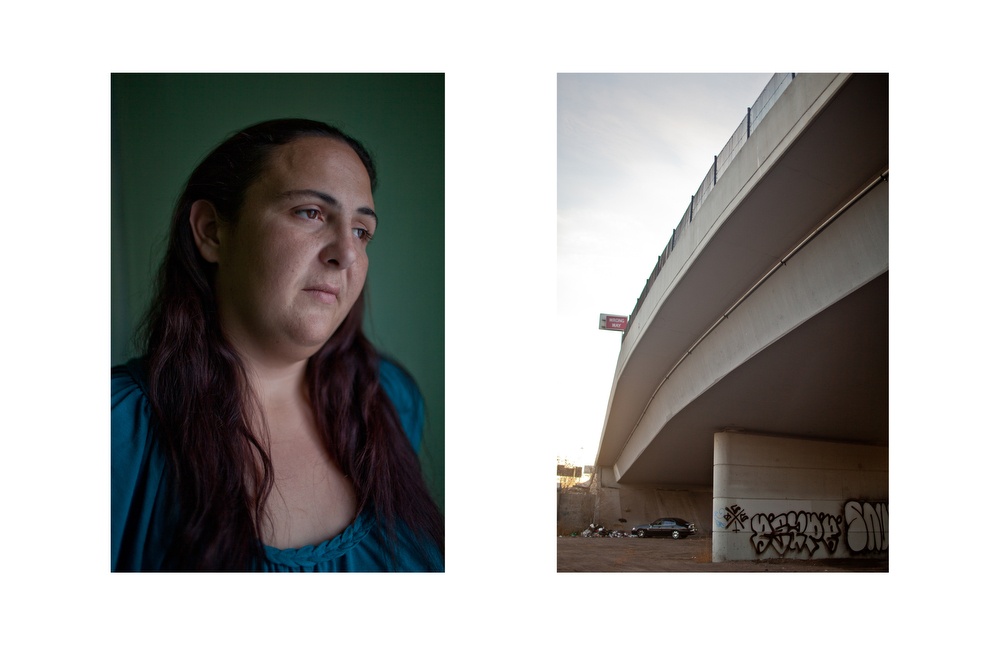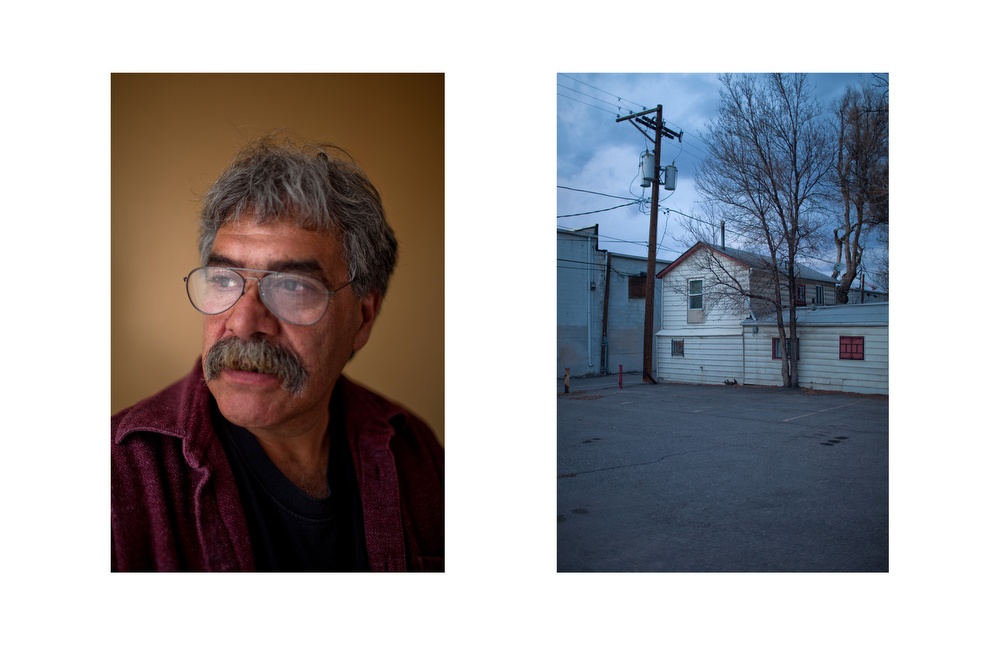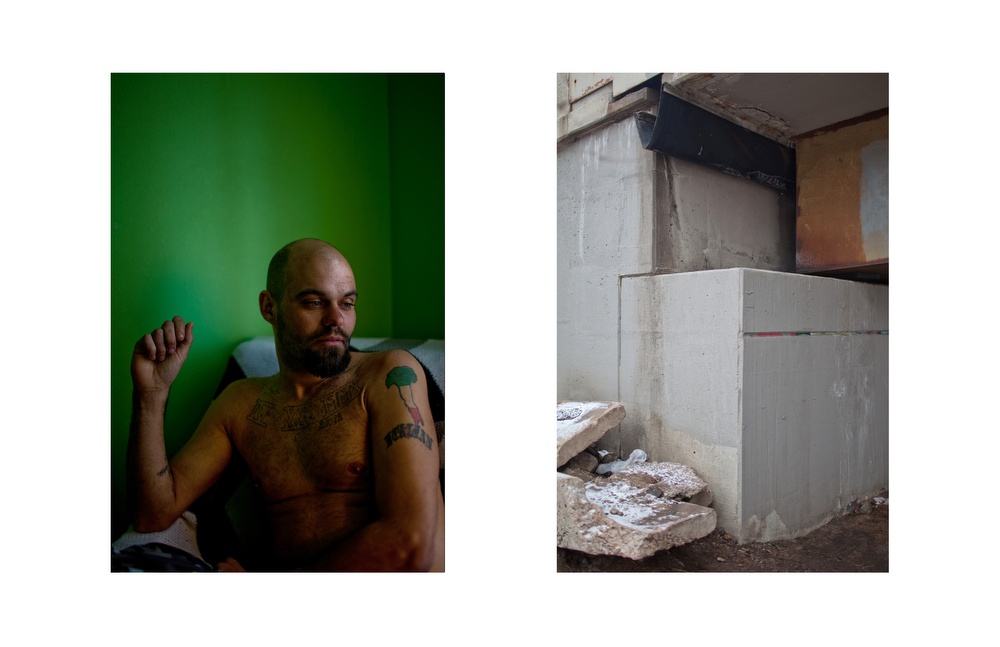One of the fundamental problems faced by healthcare advocates working with injection drug users is a generalized, public perception that the issue is isolated to people and places outside of the normal social sphere. Generally speaking, our tendency is to dissociate our ordinary experiences --the people we know and the places we go --from things that we consider dangerous, dark, or forbidden.
In the arena of injection drug use, the consequence of this mode of thinking has been historically devastating. Instead of crafting public policy that works to minimize the harm caused by addiction, our trajectory tends towards amplifying consequences for anyone that wanders outside of the wire and into these foreign spaces. Rather than treating addiction as a disease, we treat it as something that is volitional and deserving of its consequences. Accordingly, our policies view the contraction of bloodborne pathogens and the risk of overdose as deterrents to the act of injecting drugs.
These “consequences,” of course, have little impact on rates of addiction; they do, however, all but ensure the continued spread of HIV and hepatitis C. Moreover, possession and distribution of Naloxone, a drug that counters the effects of otherwise fatal opiate overdoses, remains criminal in many areas throughout the world.
This body of work is an attempt to combat the notion that addiction exists elsewhere. This series pairs portraits of active and recovering injection drug users with places significant to their stories, creating diptych sets that illustrate the issue as something that is neither foreign nor deserving of moral stigma. In short, this work attempts to showcase the issue in normative terms: these are people we know and places we go.
These images will be used by healthcare workers to help advocate for reform of laws restricting or banning clean needle exchange and disposal. They will further be used to educate the public on issues related to Naloxone decriminalization, and for a greater societal understanding of the broad, non-discriminating sweep of addiction.










